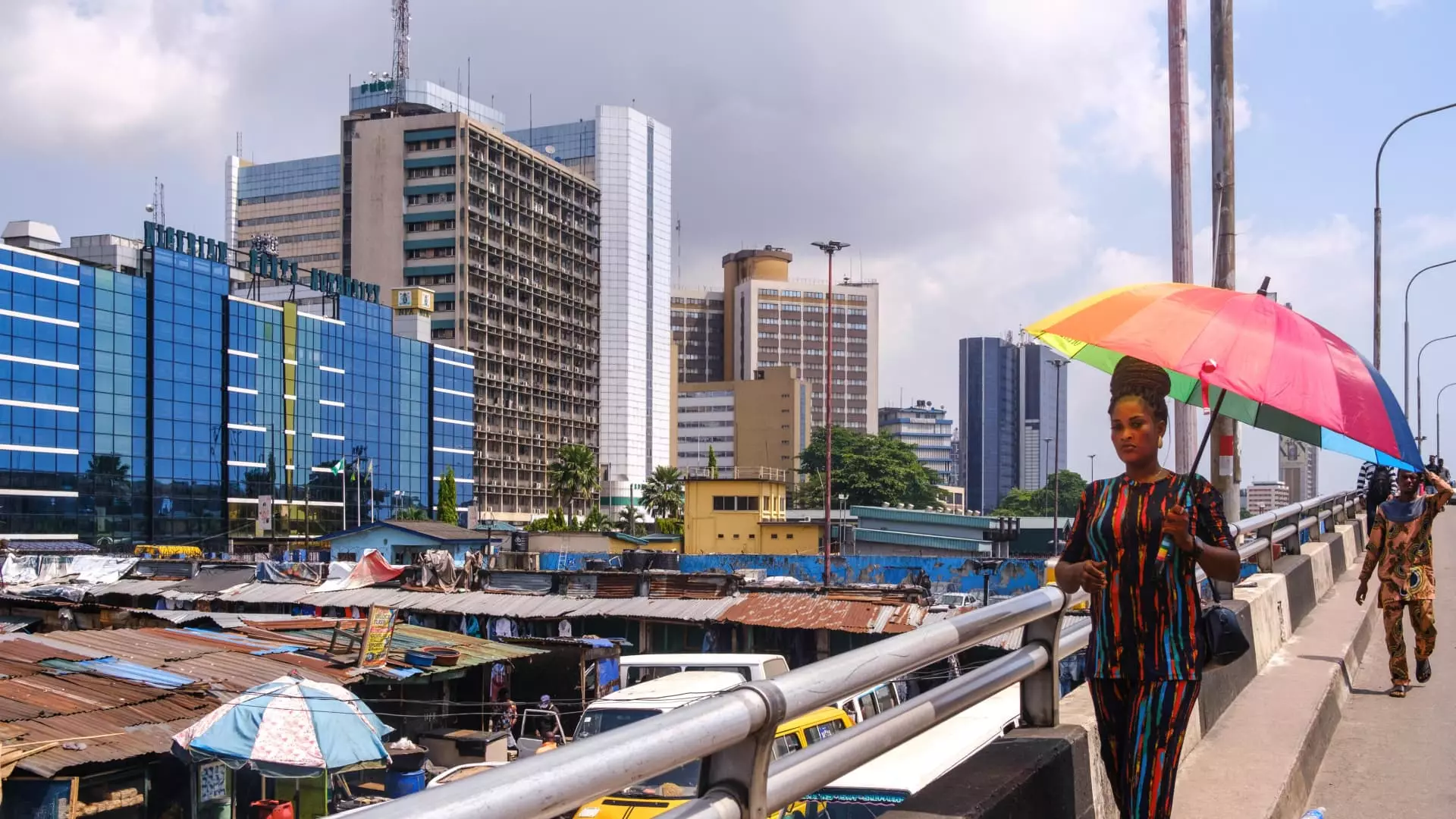The Central Bank of Nigeria recently made the decision to raise its key interest rate by 200 basis points, signaling a move to address the country’s ongoing challenges with inflation and its currency crisis. This adjustment comes on the heels of a 400 basis point increase earlier this year, highlighting the seriousness with which policymakers are approaching these economic issues.
According to Governor Olayemi Cardoso, the decision to raise interest rates was driven by the need to combat rising inflation levels and restore credibility to the economy. With inflation reaching an annual rate of 31.7% in February, the central bank is prioritizing measures to stabilize prices and promote sustainable growth. While some members of the Monetary Policy Committee expressed concerns about the potential impact on economic growth, the consensus was that addressing inflation should take precedence.
Predictions for Future Monetary Policy
Analysts at Capital Economics anticipate further interest rate hikes in the coming months as Governor Cardoso works to address inflation and stabilize the currency market. It is projected that additional 100 basis point increases will occur at the next meetings scheduled for May and July, with a likely pause in rate adjustments for the remainder of the year. This proactive approach signifies a commitment to restoring economic stability and investor confidence in Nigeria.
The depreciation of Nigeria’s naira currency against the US dollar has been a significant concern, with a 70% decline observed over the past year. However, there has been some recovery in the exchange rate, following the clearance of a $7 billion backlog of imports. These developments indicate a positive trend in the currency market, although ongoing vigilance and policy adjustments will be necessary to sustain this progress.
Internal Debate and Decision-Making Process
Insights from the minutes of the central bank’s February meeting reveal internal discussions among policymakers regarding the best approach to addressing inflation and currency challenges. Differing views were presented, with varying proposals for interest rate hikes ranging from 100 to 450 basis points. Governor Cardoso’s advocacy for a 425 basis point increase underscores the deliberations within the committee and the need for a balanced strategy moving forward.
The recent interest rate hike by the Central Bank of Nigeria reflects a proactive stance towards addressing economic challenges and restoring stability in the region. While concerns about potential impacts on growth exist, the primary focus remains on curbing inflation and bolstering investor confidence. Continued monitoring and strategic interventions will be crucial in navigating the evolving economic landscape and fostering sustainable growth in Nigeria.

